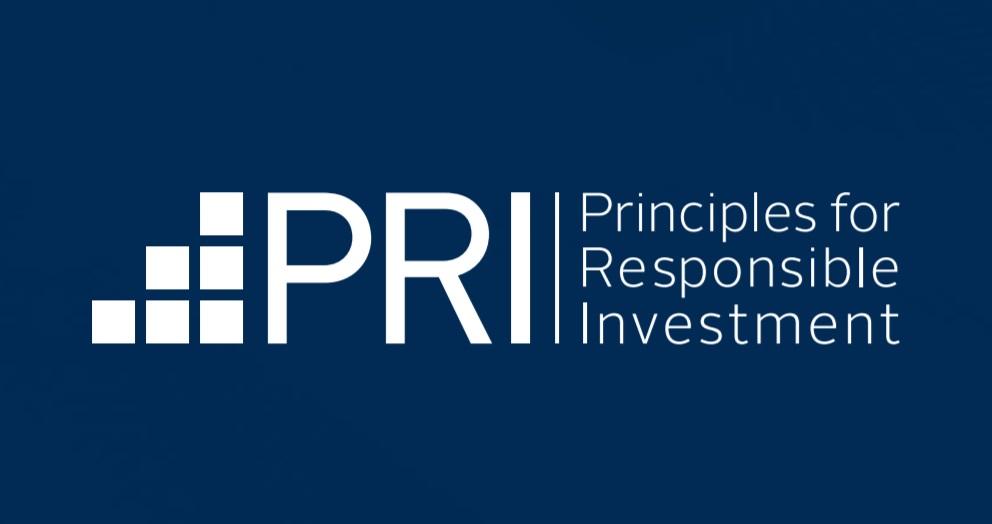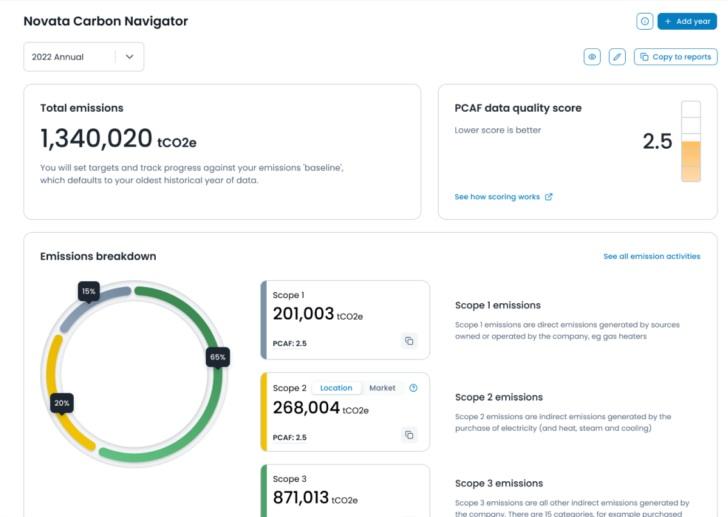PRI Launches Redesigned Reporting Framework for Investors
The Principles for Responsible Investment (PRI) announced today that it has launched a new, redesigned framework for signatory investors to use in their annual reporting to the PRI regarding their responsible investment activities.
The PRI was established by a group of investor signatories in 2006, supported by the United Nations, to aid investors in integrating ESG factors into the investment process. To achieve this goal, the PRI group established 6 voluntary and aspirational principles* for investors to follow. Upon becoming a PRI signatory, an organization signs up to the principles, including mandatory annual reporting to the PRI.
According to the PRI, the launch marks the culmination of a two-year process aimed at developing a framework that not only has more challenging reporting requirements, but is also simpler for signatories to report on, shorter and more consistent in its structure, and that delivers more flexible and meaningful reporting outputs.
Introducing the new Reporting Framework, Elina Rolfe, Director, Reporting and Assessment, PRI, said:
“The reporting process has come a long way from a simple self-assessment survey developed in 2006, when we only had about 100 signatories, to a full reporting and assessment framework launched in 2012 that captures most ESG practices from our signatories. As the depth and breadth of ESG practices has grown, so too has the framework we use to capture those activities.
“Accountability has always been at the core of the PRI and with such a large signatory base – now made up of over 3,000 signatories managing more than US$103 trn in assets – we need to ensure that being a PRI signatory remains meaningful for the industry. We are not here to be a rubber stamp. That is why we decided to review the reporting process and our framework to ensure it remains relevant in a continuously evolving market.”
The PRI outlined several goals and innovations in redesigning the reporting framework. These include cutting the total number of questions by half, and simplifying simplify the structure of the framework. Additionally, the new framework asks signatories for the first time to report on how they measure the real-world outcomes of their investments.
The new simplified structure introduces “core” and “plus” questions:
- Core questions, which make up the bulk of the framework, are mandatory to report on and are publicly disclosed and assessed. More responsible investment practices are also now captured in the “core” questions.
- Plus questions are voluntary to report on and disclose and are not assessed. They are often open questions to give signatories an opportunity to demonstrate more advanced practices that might not as yet be widely adopted.
The PRI stated that it will welcome signatories’ feedback throughout the 2021 reporting cycle to ensure that the reporting framework remains fit for purpose, and aims to improve the content, the tool and the assessment methodology for the 2022 reporting cycle based on the feedback.
Faith Ward, CRIO, Brunel Pension Partnership, said:
“We do acknowledge that this [capturing sustainability outcomes of investment decisions] is actually quite challenging because it is newer to our reporting, but certainly in line with what I’m being asked to do by my beneficiaries, so completely in line with where the direction of travel is from society. And I think what the PRI is trying to achieve here is to make sure that the framework is future proof, that it actually captures where we need to be, not just where we are now.”
Brian Minns, Vice-President, Sustainable Investing, Addenda Capital Ltd., said:
“The outcomes piece is so vitally important. The decisions that we make in finance really do make a difference and have real-world impacts. I think it’s an important message that the PRI is sending: that sustainability, the actual real-world outcomes matter, and that we should actually take the time and spend the effort to try to capture those in what we are doing.”
* The PRI principles:
- Principle 1: We will incorporate ESG issues into investment analysis and decision-making processes.
- Principle 2: We will be active owners and incorporate ESG issues into our ownership policies and practices.
- Principle 3: We will seek appropriate disclosure on ESG issues by the entities in which we invest.
- Principle 4: We will promote acceptance and implementation of the Principles within the investment industry.
- Principle 5: We will work together to enhance our effectiveness in implementing the Principles.
- Principle 6: We will each report on our activities and progress towards implementing the Principles.





